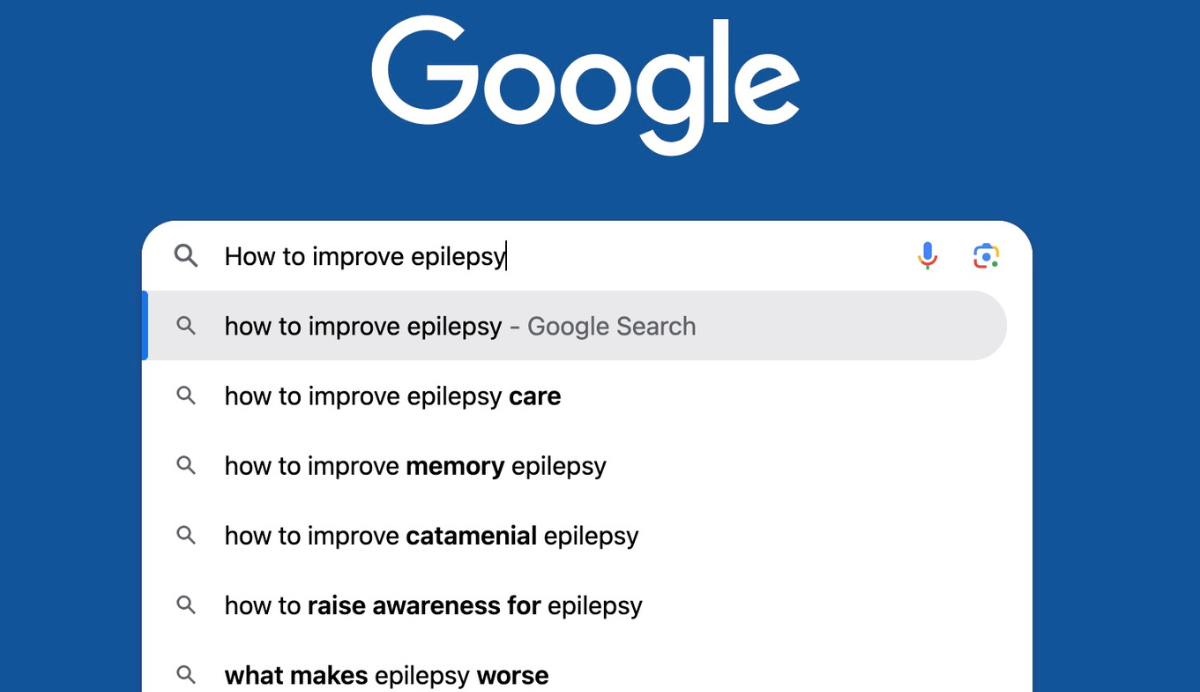“I had my first seizure in July of 2022, which was quite extreme. The hospital thought I’d had a stroke at first, as I was unresponsive, not breathing and couldn’t move my limbs.
“I was put on an over-night drip with epilepsy medication and dispatched the next day. I had a seizure as I was leaving the hospital. Since this seizure was within 24 hours of the first, it was considered part of the same initial episode.”
Darcey was prescribed daily medication and didn’t experience another seizure until almost a year later. This seizure led to an epilepsy diagnosis and numerous tests including an MRI and CAT scan.
“The most difficult part about my epilepsy journey has been losing my driver’s license. You don’t realise how much you take it for granted until it’s gone. Adapting to the seizure medication was also quite difficult, as the side effects were quite intense, effecting my mental and physical state. The first few months were really hard, but I slowly started getting used to it, and I still am to this day.”
Darcey heard about the Australian Epilepsy Project through the hospital and was referred into the study by her treating neurologist. “The information and testing provided was very informative, however, I haven’t yet had a follow-up appointment with my neurologist to discuss the outcome of the test results.
“It [AEP] really teaches you a lot about epilepsy, especially when you get this illness without warning. It throws you in the deep end with no explanation, or education of the illness at all, so it definitely helped me with the process.
"I have also learnt that I have so much support around me, from friends and family, and I am strong, and I won’t let my epilepsy diagnosis define my life."

What would you say to others to encourage them to speak to their neurologist about joining the AEP?
“I would say that you learn a lot about the condition [epilepsy], and also about yourself. It’s really educating and quite interesting; you never really learn these things unless it happens to you.”
-2.jpg)
AEP Keynotes at AWS Summit Sydney Innovation Day

AEP hailed as an exemplar for transforming lives


